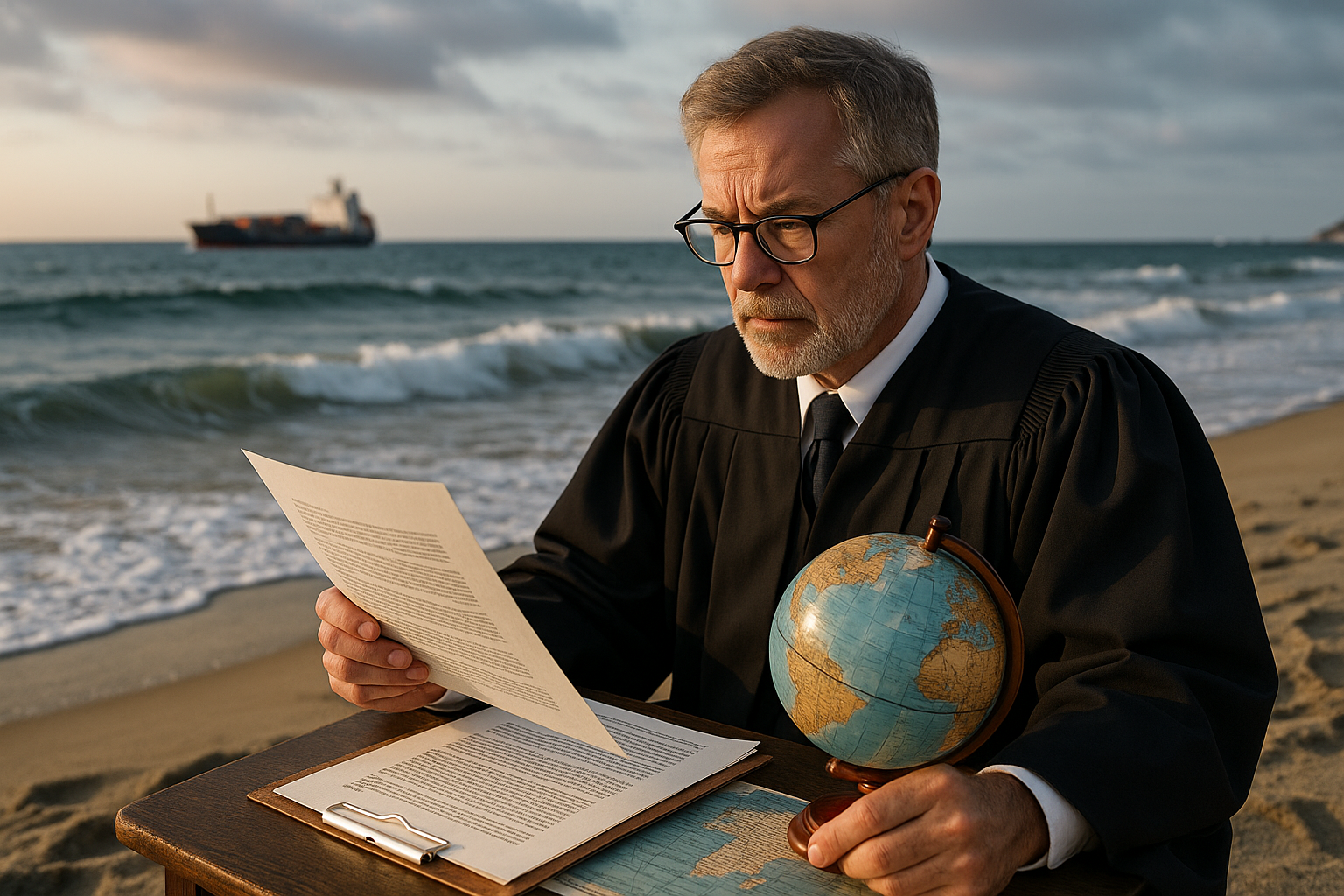Understanding the Intricacies of International Waters Law
The concept of international waters, also known as the high seas, is a captivating facet of international law. Its roots trace back to the 17th century, when Dutch jurist Hugo Grotius put forward the "Mare Liberum" principle, advocating for the sea to be freely accessible to all nations. This doctrine was countered by the English jurist John Selden's "Mare Clausum" principle, suggesting that the sea can be claimed like land. The tension between these two principles has shaped the contours of international waters law.

Navigating the Current Legal Framework
The United Nations Convention on the Law of the Sea (UNCLOS), adopted in 1982, is considered the “constitution of the oceans.” It outlines the rights, obligations, and jurisdiction of nations concerning ocean space, providing a comprehensive legal framework for all activities on the high seas. Key features include the 12-mile territorial sea limit, the 200-mile Exclusive Economic Zone (EEZ), and provisions governing freedom of navigation and overflight.
Recent Amendments and Proposals
In the face of emerging issues such as deep-sea mining, marine biodiversity loss, and climate change, UNCLOS has been subject to several amendments and proposals. The most recent discussions revolve around the BBNJ Agreement (Biodiversity Beyond National Jurisdiction), which aims to establish a legal instrument for the conservation and sustainable use of marine biodiversity in areas beyond national jurisdiction.
Implications and Societal Impact
The rules governing international waters have far-reaching implications. They balance the rights and interests of coastal states with those of all other states, affecting maritime trade, fishing rights, and resource extraction. Moreover, they play a pivotal role in addressing pressing global issues, such as maritime security, environmental protection, and climate change.
The Future of International Waters Law
The evolving dynamics of global politics, technological advancements, and environmental concerns are continually shaping the future of international waters law. As we navigate the 21st century, it becomes increasingly important to foster international cooperation and adapt our legal frameworks to ensure the sustainable and equitable use of the world’s oceans.
In conclusion, international waters law is a complex, dynamic field that plays an integral role in global governance. By understanding its history, current framework, and future challenges, we can better appreciate its significance and the need for continued refinement and adaptation.




